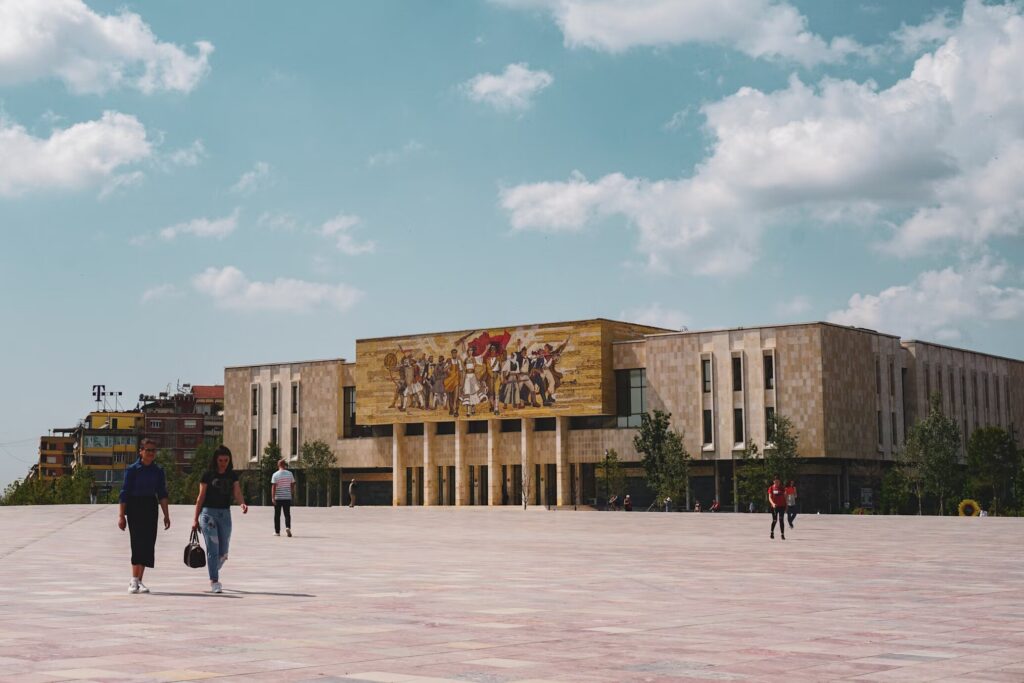In the annals of World War II, the Partisan movement in Albania stands as a testament to the indomitable spirit of resistance and the quest for liberation. Born out of the crucible of occupation and oppression, the Albanian Partisans emerged as a formidable force against fascist tyranny, forging a path towards freedom and national sovereignty.

Occupied by Italian forces in 1939 and subsequently by Nazi Germany in 1943, Albania found itself caught in the crossfire of global conflict. Yet, amidst the chaos and despair, a new chapter in Albanian history was written — one of courage, sacrifice, and unwavering determination to reclaim the nation’s destiny.
The roots of the Partisan movement can be traced back to the early days of occupation when a diverse coalition of patriots, communists, nationalists, and ordinary citizens united in resistance against foreign domination. Led by figures such as Enver Hoxha, Mehmet Shehu, and others, the Partisans embarked on a daring struggle for liberation, confronting the might of fascist armies with guerrilla tactics and popular mobilization.
Central to the Partisan ethos was the belief in the power of the people — the conviction that ordinary men and women, united in common cause, could overcome even the most formidable adversaries. Drawing strength from Albania’s rich history of resistance against foreign invaders, the Partisans tapped into a deep well of national pride and solidarity, rallying people from all walks of life to join the fight for freedom.
The rugged terrain of Albania’s mountains became both sanctuary and battleground for the Partisans, providing refuge from enemy patrols and a strategic advantage in their guerrilla warfare tactics. Operating in small, mobile units, they launched ambushes, sabotaged enemy supply lines, and rallied support from rural communities, turning the tide of war in their favor.
But the Partisan struggle was not just a military campaign; it was also a social revolution — a movement to overturn centuries of feudal oppression and build a more just and egalitarian society. Through their actions, the Partisans sought to empower the disenfranchised, elevate the status of women, and promote education and literacy among the masses.
One of the most remarkable aspects of the Albanian Partisan movement was its ability to transcend ethnic and religious divisions, uniting Albanians of all backgrounds in a common struggle for liberation. In a region plagued by ethnic tensions and sectarian violence, the Partisans stood as a beacon of unity and solidarity, embodying the ideal of “Albania for Albanians.”
The culmination of the Partisan struggle came in November 1944, when the combined forces of the Partisans and the Allied powers liberated Albania from fascist rule, heralding a new era of independence and self-determination. Yet, the victory came at a great cost, with thousands of Partisans sacrificing their lives in the fight for freedom.
Today, the legacy of the Albanian Partisan movement lives on as a symbol of courage and resilience, inspiring future generations to stand up against injustice and oppression. As Albania continues its journey towards democracy and development, the spirit of the Partisans remains a guiding light, reminding us of the power of ordinary people to shape their own destiny and forge a better tomorrow.